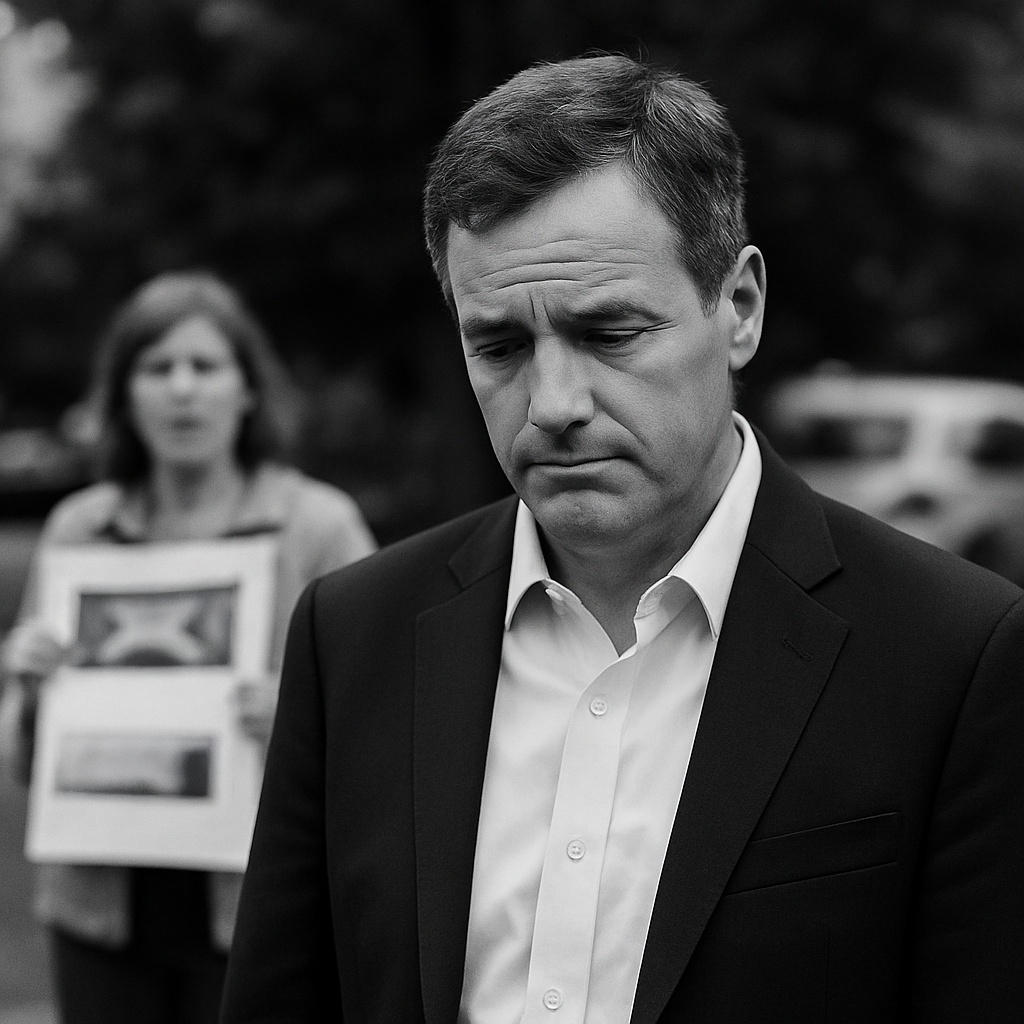A “no” in politics is often a “not now.”
Every campaign begins with high hopes and bold plans. Then reality steps in. A voter shuts the door. A donor says no. A poll shows your message is not landing. The question is not whether you will face rejection. The question is how you respond.
Rejection is data. It tells you something about the voter, the message, or the moment. It is not final judgment. Candidates who treat rejection as an insult lose twice: they lose the vote in front of them, and they damage their credibility with everyone who watches.
The best candidates know this is a long game. Campaigns are not sprints for applause, they are marathons of resilience. When a voter says no today, the right response is respect. Thank them, listen to their concerns, and leave the door open. People change their minds. Context changes. A “no” in March can become a “yes” in October.
Behavioral science tells us people rarely act on pure logic. As Rory Sutherland puts it, “People don’t do what they say they believe, they do what’s convenient and then they repent.” That means today’s rejection might not be about you at all. It could be the voter’s mood, their schedule, or the way your approach felt in the moment. You cannot control all that, but you can control your reaction.
From a strategic view, rejection is training. It forces discipline. It teaches you how to refine your message and how to read people better. Sun Tzu wrote that battles are won by those who adapt, not by those who take every slight as a wound to pride.
Our philosophy at Next Gen is clear: politics is not about the short-term hit. It is about building for the future. That requires endurance, humility, and the wisdom to see rejection not as defeat but as part of the path to victory .
So the next time you hear “no,” ask yourself: will I close the door, or will I keep it open for the next conversation?
Because in politics, as in life, rejection is rarely permanent. It is a test. Pass it, and you grow stronger. Fail it, and you limit your future.

